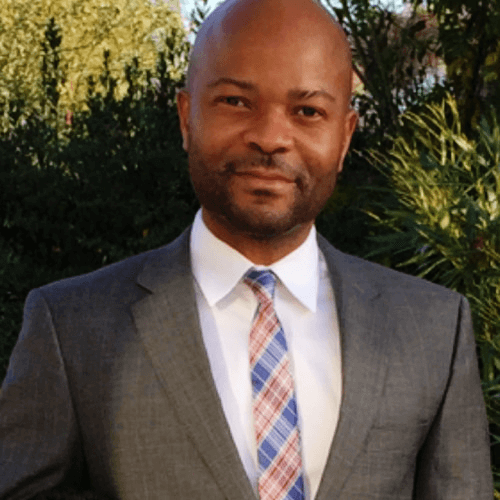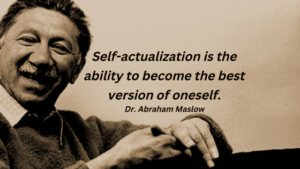Adjusting to civilian life can be a challenging experience for decades, it’s not just a process that occurs within the first few years after discharge. The various life stressors triggered by challenges to adapt to different milestones and challenges that come up in your personal and work life.
While the military offers a structured environment with clear guidelines and objectives, civilian life can feel uncertain and confusing. Veterans often struggle to adapt to new routines, expectations, and social norms. If you are a Veteran struggling with civilian life, here are ten tips to help you find balance.
Establish a support network and stay connected to people around you.
One of the most important things you can do is to seek out support from others who have gone through the same process or complete FaithSMagnet Mental TAP. Veterans report isolating sometimes as the only people they feel comfortable talking to are other Veterans. It’s not uncommon to struggle to confide in others, even your closest loved ones. Veteran support groups are available online and in person. Mental health providers, religious counselors, or a mentor can provide you with guidance, support, and advice. Connecting with others who understand what you are going through can help you feel less alone and allows you an outlet to vent about your struggles.
Set personal and work-related goals.
Having clear and specific goals can help you stay focused and motivated during the transition to civilian life. Set short-term and long-term goals for yourself so you can celebrate achievements, big and small. Examples of short-term goals can include finding a job, even if it’s not your dream job at first, or enrolling in school, etc. A long-term goal can include getting the job you’ve always envisioned. Break down the more complex your goals into smaller, manageable steps to make them more achievable.
Stick to a daily routine.
Creating a routine can help you establish structure and consistency in your daily life. This can include setting regular wake-up and bedtime times, scheduling time for exercise, and planning meals in advance. Having a routine can help you feel more in control and less overwhelmed. Remember, the military was highly structured, and you pretty much knew what to expect every day, as your tasks and responsibilities were specifically laid out. When you’re discharged, and this structure suddenly disappears, it leads to feelings of confusion and a lack of direction for many Veterans. A daily routine, combined with goal-setting, is the solution to ensuring you don’t lose momentum and motivation. Even if it’s been months or years since your discharge, you can still apply this strategy and create that structure for yourself in civilian life that made you successful in the military.
Stay connected to avoid isolation after discharge.
Maintaining social connections is important for overall emotional well-being. This could mean reaching out to old friends and family members or joining a local community group or club. Volunteering can also be a great way to connect with others and give back to your community. Many Veterans struggle to connect with the people they knew and cared about prior to their military service; however, staying isolated could further complicate issues with assimilating to civilian life. Consider creating a goal for yourself that you will make at least one social contact per week, and then build up from there as your comfort increases with reconnecting with others.
Embrace this time as a period of change that will lead to growth and greater things ahead for you.
Change can be difficult, but it is a natural and important part of life. If we didn’t experience change, we wouldn’t enjoy many of life’s joys and achievements. Embrace the changes that come with transitioning to civilian life and try to approach them with a positive attitude. It’s okay to validate how you feel if change is difficult and scary, but then recognize that you are capable of overcoming the challenges that will lead you to a new and fulfilling life.
Being grateful will bring abundance to your life.
Finally, practicing gratitude can help you focus on the positive aspects of civilian life and will help you stay optimistic during challenging times. Make a daily habit of expressing gratitude for the people and things in your life, and take time to reflect on the things that you are thankful for.
Additional Resources:
If exploring yourself and how you can reach full potential, improve your career and impact your world is something you are interested in, book a free Career Consultation here.



